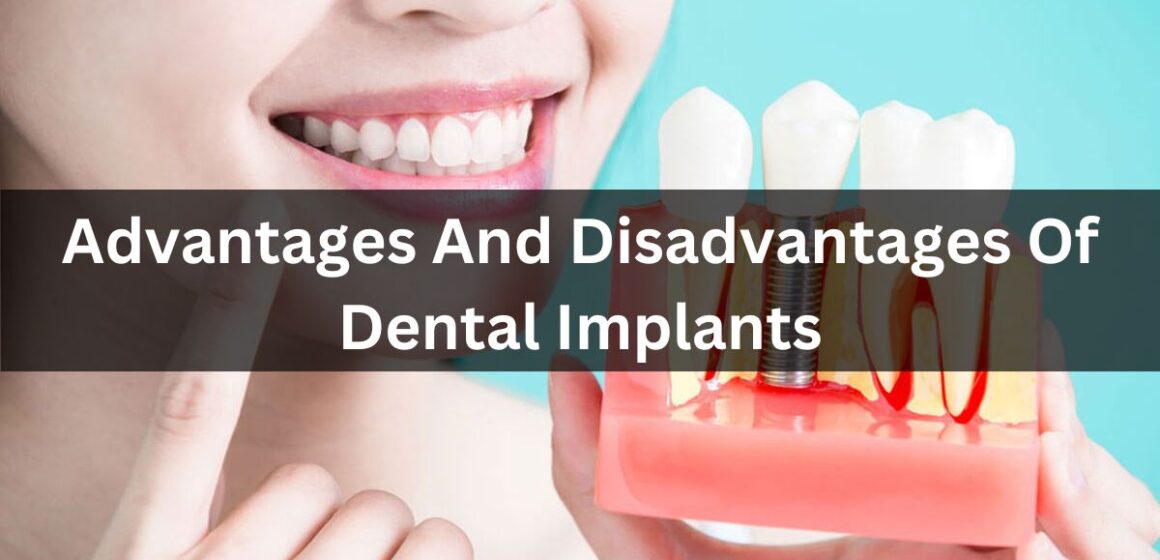Dental Implants are a safe and predictable solution to missing teeth. The procedures can improve the patient’s appearance, speech, and chewing ability, and restore confidence and oral health. Dental implants also preserve healthy bone and surrounding teeth and enamel.
Furthermore, they resist the formation of cavities. Implants can be used to replace removable dentures or to support a fixed prosthesis.
The unionimplants.com offers state-of-the-art restorative dentistry, implant surgery, and a laboratory, all under one roof.
They know the implant process often involves multiple appointments and travelling from one office to another, which is why they offer everything you need to restore your smile, from consultations to post-op.
Treatment Options
The success of dental implants relies on the ability to fuse with the bone surrounding them. Many factors can cause implants to loosen or fail to fuse properly. One common issue is poor oral hygiene.
It can lead to a bacterial infection known as peri-implantitis, which in turn destroys the bone surrounding the implant. Another problem is having too few implants, resulting in overloading. This can lead to teeth sticking up higher than their surrounding teeth, which can increase the force placed on them during chewing.
There are several treatments for dental implants available. Regardless of your particular needs, you should consult with a dentist to learn more about the procedure.
During the initial consultation, your dentist will evaluate your condition and determine which treatment option would work best for you. Then, you’ll be provided with a written treatment plan that details the steps to be taken and how long it will take.
Cost
The cost of dental implants can be a major concern for many patients. While dental insurance can help with some of the cost, this option is not always available.
Many dental implant providers also offer payment plans and other payment methods to help patients cover the cost of their treatment. You should shop around before choosing a dental implant dentist to ensure you are getting the best price.
The cost of dental implants varies widely, depending on the type of implant needed. Individual implants can cost as little as $1,600 or as much as $3,200. But if you need multiple teeth replaced, the total cost can increase to $50,000 or more.
Placement
Before dental implants are placed, a patient must have a thorough evaluation. This involves taking X-rays and impressions, matching the color of the teeth, and determining the number of teeth to replace.
The process may also involve visiting periodontists and other dental specialists. Patients may have to take antibiotics prior to surgery.
After the procedure, patients should refrain from strenuous activity for at least a few days. This will prevent swelling and discomfort. Additionally, they should not smoke or chew tobacco because both can cause infections and stain the teeth. In this article from Grinds, learn if tobacco-free chew products are safe.
Proper hygiene is also vital to protect the new teeth. Brushing twice a day and flossing will help maintain the quality of the new teeth. It is also important to avoid hard candies, which can damage implants.
Maintenance
Proper maintenance of dental implants is critical to their long-term success. This includes regular evaluation of oral hygiene, clinical and radiographic examination of implants, and removal of implant-retained plaque.
A typical maintenance visit will take about an hour and should be scheduled every three months. It should also involve an examination of any changes in oral health, such as changes in the placement of the dental implants.
While oral hygiene practices can lead to some implant complications, they can be avoided by focusing on proper care. Regular brushing and flossing are essential to prevent gum infection and bacterial decay.
Moreover, regular dental visits should be made to ensure proper hygiene and prevent bacterial and viral accumulation around dental implants.
Disadvantages
Dental implants are one of the most effective ways to replace missing teeth. However, they do have some disadvantages. One disadvantage is that implants require extensive healing, which can take months.
Patients who desire instant results may be better served with a removable solution, such as dentures that can be removed and replaced as needed.
Other disadvantages of dental implants include inflammation around the implant. This inflammation may damage the implant and require its removal.
Patients with underlying health problems, diabetes, and smoking are at higher risk of developing Peri-implantitis. Patients should contact their dentist if they experience any of these symptoms to avoid complications in the treatment.

